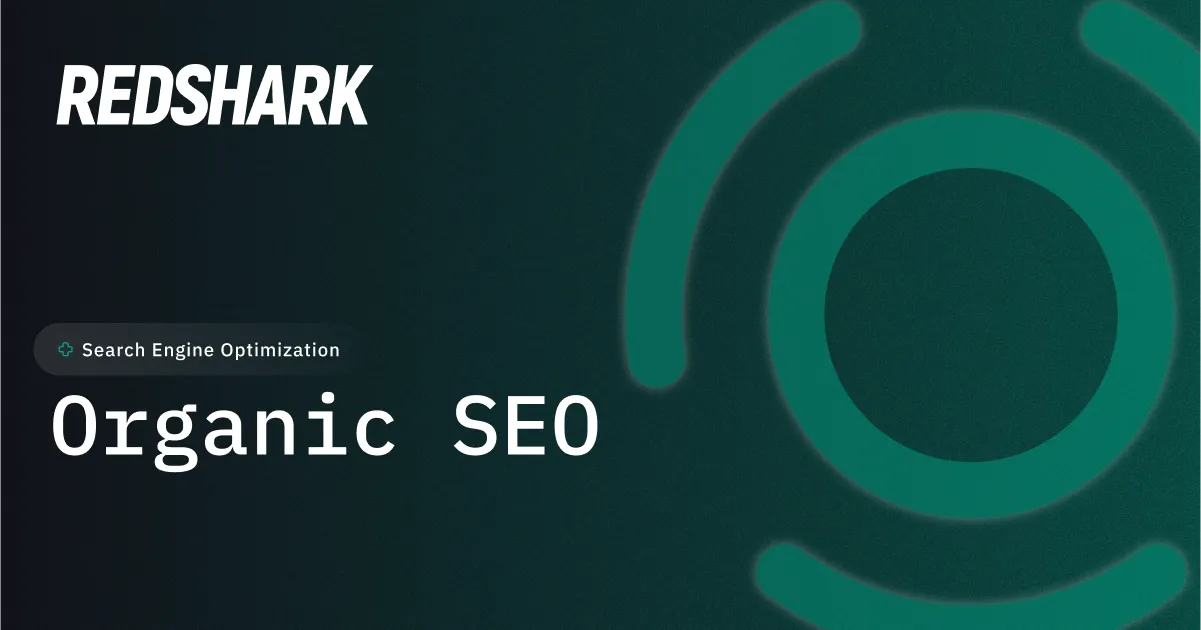Final Spots Remaining for Q4 Campaigns. Schedule a First Call Now.
Marketing
We help our clients navigate an ever-changing marketing landscape through tailored planning and measured accountability.
Learn More
Creative
Bold ideas, designed beautifully can change the way people think about a brand. We blend digital and physical mediums to craft memorable moments.
Learn More
Web Development
In a connected world, we build websites, web applications, and interactive environments that supply world-class user experiences to consumers globally.
Learn More
Marketing
We help our clients navigate an ever-changing marketing landscape through tailored planning and measured accountability.
Learn More
Creative
Bold ideas, designed beautifully can change the way people think about a brand. We blend digital and physical mediums to craft memorable moments.
Learn More
Web Development
In a connected world, we build websites, web applications, and interactive environments that supply world-class user experiences to consumers globally.
Learn More
Swipe to see more services

Work

Contact
Start Your Project

Search Engine Optimization
Organic SEO
Our SEO experts utilize various tools, platforms, and insight to dominate website optimization and improve its ranking on SERPs - all non-paid.








.svg)



